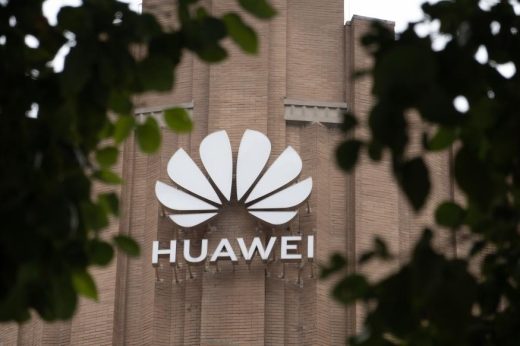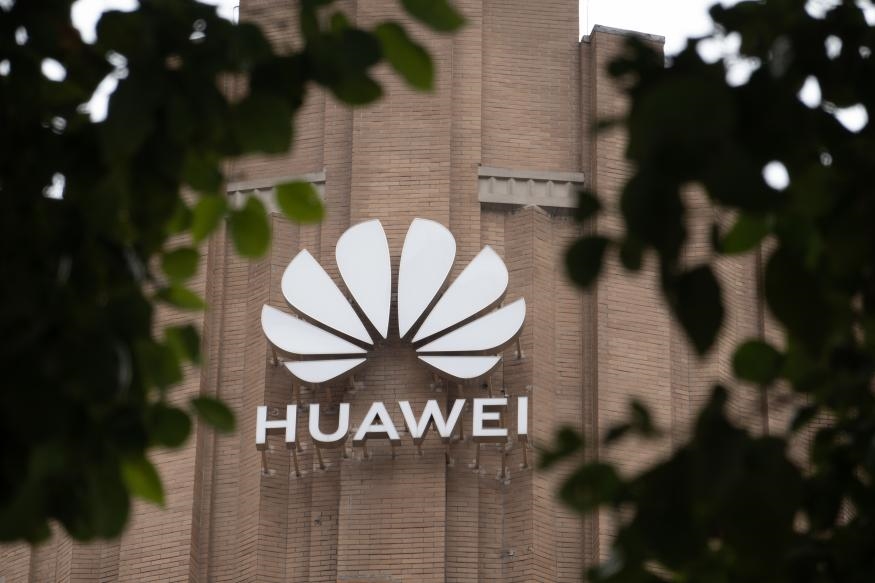Biden signs executive order restricting investment in Chinese tech companies
The US government is reportedly cracking down harder on exports to Huawei
The United States government has reportedly stopped issuing licenses that allow companies in the country to export to Huawei, according to The Financial Times. If you’ll recall, the Trump administration added the company to the “entity list,” making it ineligible from receiving exports from the US without a license. The US commerce department issued some companies like Qualcomm licenses to provide Huawei with American tech unrelated to 5G networks since then — Qualcomm, for instance, supplies Huawei with 4G chips for smartphones. But the government is reportedly looking to impose a total ban on the sale of American tech to the Chinese firm, and this expanded restriction is a step towards making that happen.
The US government adds companies to the entity list if it believes they are involved in or “pose a significant risk of being or becoming involved in, activities contrary to the national security or foreign policy interests of the United States.” It has previously accused Huawei of having deep ties with the Chinese government and warned allies that the 5G equipment it makes could be used to spy on other countries and companies. Huawei has repeatedly denied the accusation.
It’s not entirely clear why the US government is moving towards a total ban, if this report is indeed true, but the Biden administration seems to be taking a tougher stance on China compared to its predecessor. Last year, it introduced new rules that prohibit the export of powerful semiconductors that could be repurposed for military use, as well as chipmaking equipment, to China and Russia. One possible reason is that Huawei, The Times says, is backing projects that aim to build a semiconductor supply chain in its country that doesn’t rely on imports. A former CIA official also told the publication that the government is probably looking to expand the existing export ban, because Huawei is a totally different company from when it was added to the entity list.
Huawei’s focus back then was on 5G technology, but it has since changed gears to prioritize its enterprise and government businesses, including a cloud service, to survive the trade ban. Being added to the blacklist had a huge impact on Huawei’s revenues in 2021, but company executive Eric Xu said the manufacturer was able to pull itself “out of crisis mode” in 2022 and expects to go back to “business as usual” this year. A total ban could very well put Huawei back into crisis mode, and it would likely affect the revenues of its US suppliers, as well. That said, the Chinese company might have some time to prepare, depending on when the export licenses that had already been issued will expire.
A commerce department spokesperson didn’t confirm whether it has truly stopped issuing licenses to American firms, telling The Times that it “continually assess[es] its policies and regulations.” A source told Reuters, however, that US officials are in the midst of crafting new policies that would prohibit shipments to Huawei below the 5G level. The new restrictions would reportedly cover products and components related to 4G, WiFi 6 and 7, AI, as well as cloud and high-performance computing.
(11)




